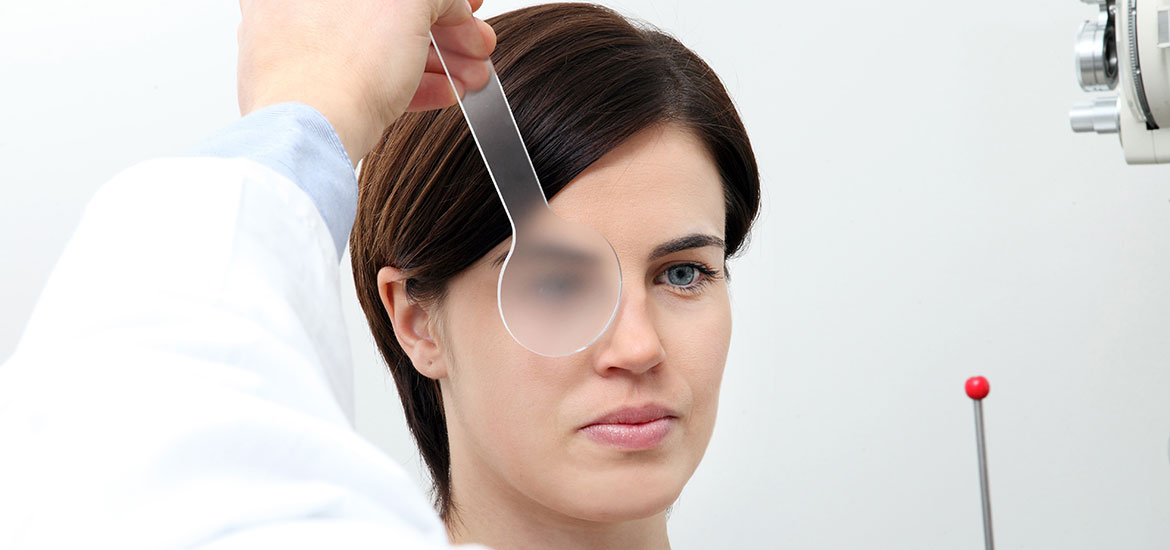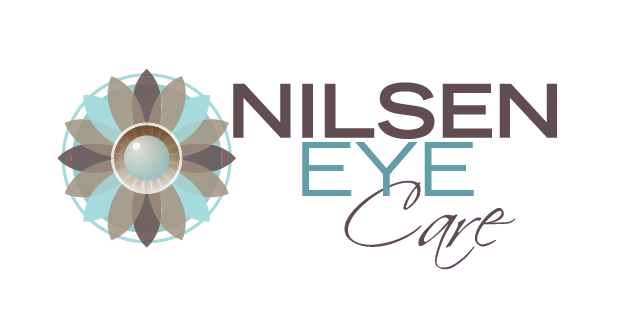
Add Your Heading Text Here
Adults should have a comprehensive eye exam every one to two years, and the exam includes a variety of tests to assess the health and visual quality of a person’s eyes. The tests range from simple to complex, from reading a chart of letters to having your eyes examined with a high-powered lenses. Here are 7 tests you can expect to go through as your have your eyes examined:



